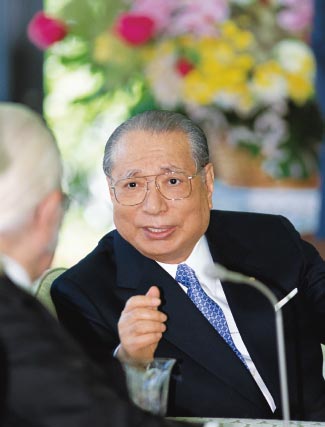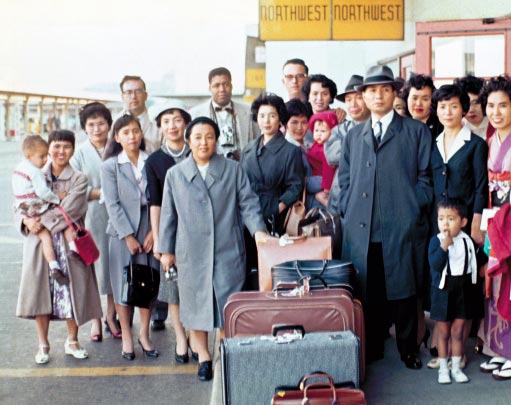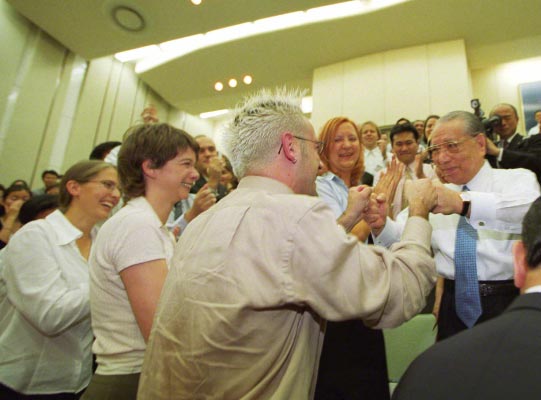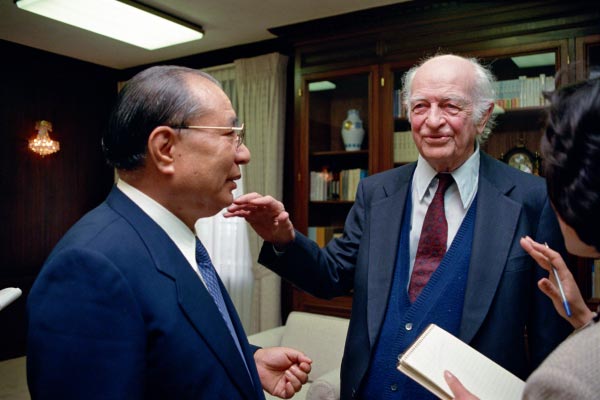Menu
- Home
- About Us
- Our Values
- Buddhist Concepts
- Introduction
- The Seven Parables of the Lotus Sutra
- The Oneness of Mentor and Disciple
- Who is a Buddha?
- The Ten Worlds
- Three Thousand Realms in a Single Moment of Life
- The Simultaneity of Cause and Effect
- Changing Poison into Medicine
- Rissho Ankoku—Securing Peace for the People
- Practice for Oneself and Others
- Wisdom
- The Meaning of Nam-myoho-renge-kyo
- Buddhism and Human Dignity
- Compassion: Solidarity of the Heart
- Creating Value
- Life and Death
- The Middle Way
- The Oneness of Life and Its Environment
- Human Revolution
- Buddhist Lineage
- How Do We Practise
- Personal Experiences
- Harmonious Family
- Dynamic Youth
- Buddhist Concepts
- Buddhism in Society
- Publications
- Resources
- Media Centre
- Contact Us
✕






 Daisaku Ikeda
Daisaku Ikeda 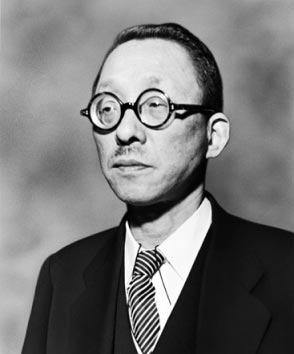 Josei Toda
Josei Toda 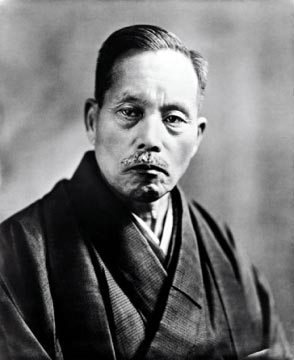 Tsunesaburo Makiguchi
Tsunesaburo Makiguchi 